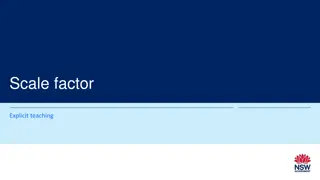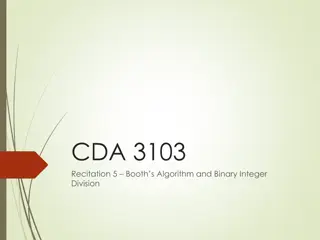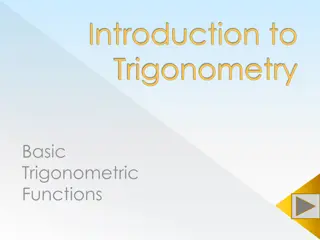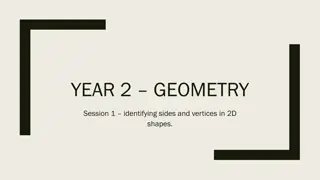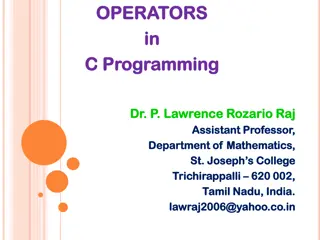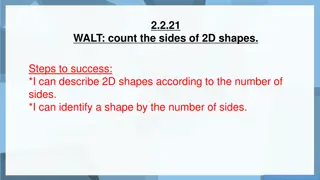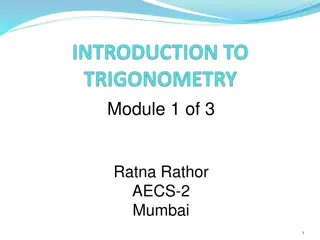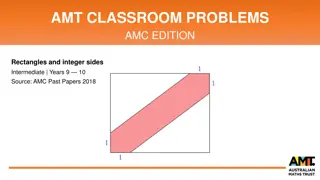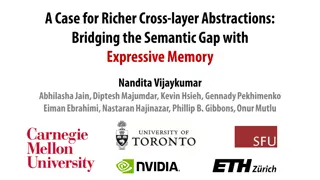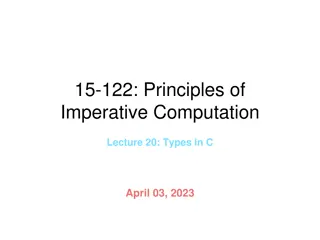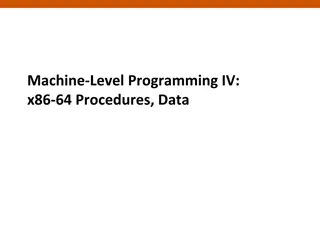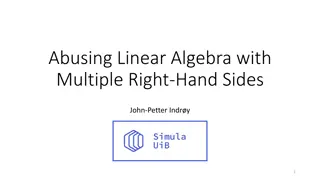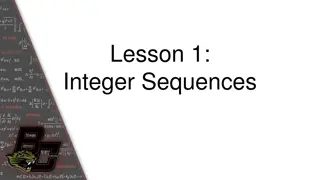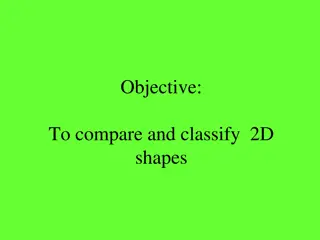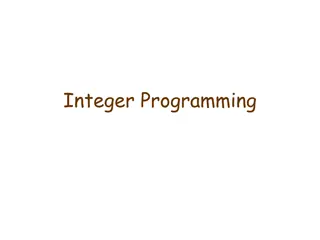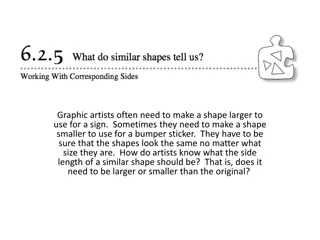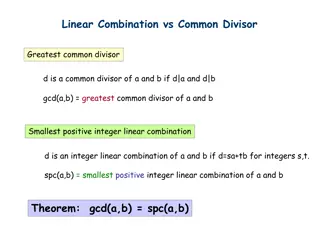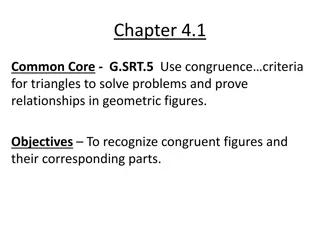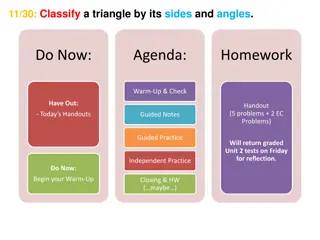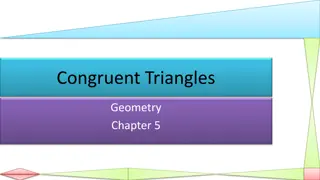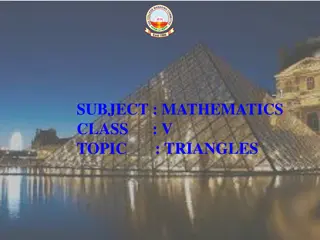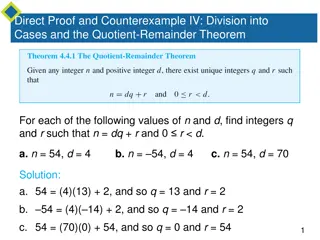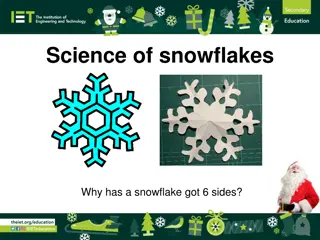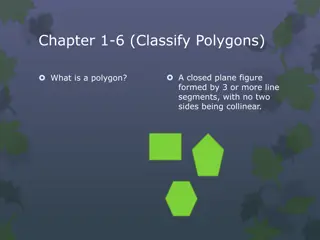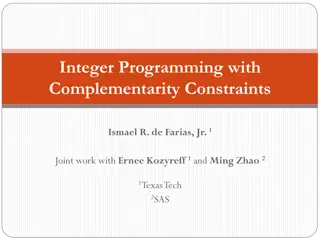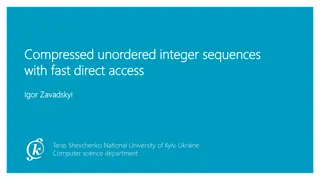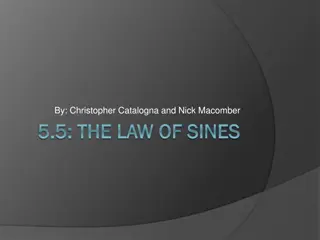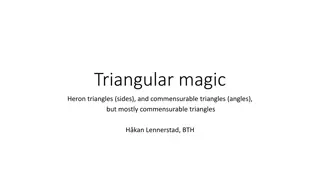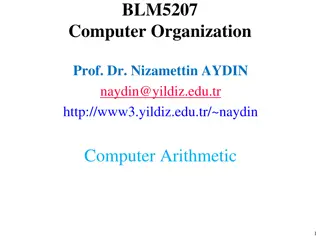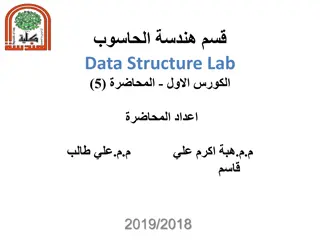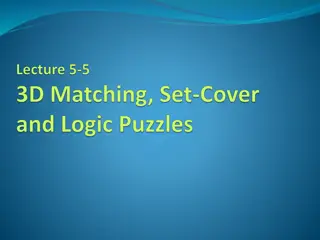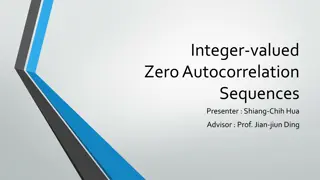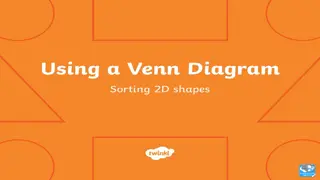The KFC menu offers a tantalizing array of fried chicken, sandwiches, sides, and beverages, embodying the essence of Southern comfort food with a global appeal
The KFC menu offers a tantalizing array of fried chicken, sandwiches, sides, and beverages, embodying the essence of Southern comfort food with a global appeal. At its core lies the iconic Original Recipe chicken, boasting a secret blend of herbs and spices that has made it a worldwide sensation. Fr
0 views • 1 slides
GET [✔PDF✔] DOWNLOAD✔ The Ultimate Burger: Plus DIY Condiments, Sides, and
\"COPY LINK HERE: http:\/\/isbooktoday.com\/1945256842 |15 minutes ago - \n Download Book [PDF] The Ultimate Burger: Plus DIY Condiments, Sides, and Boozy Milkshakes | Your guide to burger brilliance has arrived. What will your first feast be? Yes, I'll have fries with that (please). The Dos a
0 views • 6 slides
Understanding Scale Factors and Ratios in Similar Figures
Explore the concept of scale factors and ratios in similar figures through visible learning intentions, warm-up exercises, and practical examples. Learn to determine the scale factor between two similar figures, use scale factors to find missing sides, and apply the knowledge in real-world scenarios
3 views • 13 slides
Understanding Booth's Algorithm for Binary Integer Division
Learn about Booth's Algorithm and how it facilitates binary integer division. Discover key points to remember when using the algorithm, steps to initiate the process, and a detailed example to illustrate the multiplication of two operands using Booth's Algorithm.
1 views • 42 slides
Understanding Basic Trigonometry Concepts
Trigonometry is the study of triangles and the relationship between their sides and angles, particularly in right triangles. This introduction covers the basic trigonometric functions such as sine, cosine, and tangent, explaining their ratios in relation to angles and sides. By understanding these f
0 views • 16 slides
Identifying Sides and Vertices in 2D Shapes for Year 2 Geometry Session
In this geometry lesson, we explore various 2D shapes such as square, triangle, circle, rectangle, pentagon, hexagon, heptagon, and octagon. We learn about the number of sides and vertices each shape has, distinguishing between shapes based on their unique characteristics.
1 views • 10 slides
Understanding Arithmetic Operators in C Programming
C programming language provides various arithmetic operators such as addition, subtraction, multiplication, division, and modulo division. Integer division truncates any fractional part, while modulo division produces the remainder of an integer division. When operands in an arithmetic expression ar
1 views • 18 slides
Multi-Criteria Test Suite Minimization with Integer Nonlinear Programming
The study introduces a method for minimizing test suites using Integer Nonlinear Programming. It addresses regression testing challenges, such as managing large numbers of test cases, through Multi-Criteria Test Suite Minimization (MCTSM). The research explores the application of Integer Programming
0 views • 34 slides
Advances in Integer Linear Programming and Closure Techniques
Explore cutting planes, convex integer programming, Chvátal-Gomory cuts, and closure methods in nonlinear integer programming. Discover how these techniques enhance the efficiency and effectiveness of integer programming models, leading to substantial progress and improved solutions.
0 views • 40 slides
Exploring 2D Shapes and Sides in Mathematics
Dive into identifying and counting the sides of 2D shapes through informative practices like describing shapes by their sides, recognizing shapes by their side count, and solving engaging problems related to shapes and sides. Explore the properties of various polygons, such as squares, triangles, pe
0 views • 11 slides
Exploring Trigonometry: History, Applications, and Importance
Trigonometry, derived from Greek words meaning "three sides measure," is a vital mathematical discipline studying triangles' sides and angles. Delve into its historical significance, practical applications in real life, and foundational trigonometric ratios. Discover how ancient astronomers and math
0 views • 22 slides
Rectangles and Integer Sides: AMC Problem Solving
Analyze a geometric problem involving a rectangle with integer sides and a diagonal stripe. By determining the relationship between the shaded and white areas, conclude the perimeter of the rectangle. Through step-by-step deductions, the solution reveals the rectangle's dimensions and perimeter.
0 views • 5 slides
Introduction to Integer, Char, and Float Data Types
This content introduces the fundamental data types in programming - Integer, Char, and Float. It includes binary representations, images, and related slides. Explore the characteristics and usage of these data types in programming.
1 views • 9 slides
Understanding Integer Multiplication with Examples
Explore the concept of multiplying integers with examples of same and different signs. Learn how the product changes based on the signs of the numbers involved. Step-by-step examples demonstrate how to determine whether the result will be positive or negative. Additionally, engage in practical scena
2 views • 14 slides
Evolution of Integer Sizes in C Programming
The evolution of integer sizes in C programming is explored, from early computers with 8-bit addresses to modern systems with 64-bit pointers. The variations in integer sizes, pointer sizes, and memory capacities over decades are highlighted, showcasing the advancements in computing technology.
0 views • 45 slides
Understanding x86-64 Procedures and Data Structures
This content provides insights into x86-64 programming, covering topics such as procedures, integer registers, stack frames, locals in the red zone, interesting features of stack frames, arrays, multi-dimensional structures, and more. It dives into the usage conventions of integer registers, the all
0 views • 44 slides
Understanding Multiple Right-Hand Sides in Linear Algebra
Exploring the concept of Multiple Right-Hand Sides (MRHS) in linear algebra, we delve into normal linear operations, algebraic attack conversions, and known plaintext-ciphertext pair attacks. Discover the significance of MRHS and its applications in solving systems of polynomial equations.
0 views • 18 slides
Understanding Integer Sequences and Terms
Explore the concepts of integer sequences, including infinite and finite sequences, terms of a sequence, and nth term formulas. Learn to classify sequences as finite or infinite and find specific terms in a sequence. Gain a comprehensive understanding of notation and terminology used for describing
3 views • 23 slides
Exploring 2D Shapes: A Comprehensive Comparison and Classification
Discover various 2D shapes such as circles, polygons, quadrilaterals, squares, rectangles, kites, rhombuses, trapeziums, pentagons, hexagons, and octagons. Learn about their unique characteristics, number of sides, angles, and distinctions. Identify shapes based on the number of sides they possess,
0 views • 14 slides
Introduction to Integer Programming in Production Planning
Integer programming, a technique rooted in military logistics during WWII, is widely used in various industries due to its ability to model real-life situations efficiently. By formulating problems in a standard form and utilizing algorithms, integer programs can optimize decision-making processes.
0 views • 10 slides
Understanding Scale Factors and Similar Shapes in Graphic Design
Graphic artists often need to resize shapes for different purposes while ensuring they maintain their original proportions. This involves determining the scale factor between similar shapes, understanding how to find the scale factor using corresponding sides, and dealing with scenarios where sides
0 views • 8 slides
Understanding Linear Combinations and Common Divisors Theorem
Exploring the relationship between linear combinations and common divisors through the theorem connecting the greatest common divisor (GCD) and the smallest positive integer linear combination (SPC) of two integers a and b. The theorem states that the GCD is less than or equal to the SPC, with proof
0 views • 45 slides
Understanding Triangle Congruence Criteria in Geometry
Explore the concept of congruence criteria for triangles in geometry, including SSS, SAS, ASA Postulates, and AAS Theorem. Learn to identify congruent figures and their corresponding parts, solve problems, and prove relationships in geometric figures. Dive into the principles of congruent polygons,
0 views • 18 slides
Understanding Triangle Classification: Sides and Angles
Explore how to classify triangles based on their sides and angles, using the Triangle Sum Theorem and linear pair theorem to find missing angle measures. Learn to distinguish between different types of triangles such as right, isosceles, equilateral, and obtuse, and solve problems involving properti
0 views • 13 slides
Understanding Triangles: Classifying by Sides and Angles
Delve into the world of triangles in geometry with a focus on classifying them by their sides and angles. Learn about equilateral, scalene, and isosceles triangles based on side lengths, and explore equiangular, right, acute, and obtuse triangles according to angle measurements. Uncover the Triangle
0 views • 60 slides
Exploring Triangles in Mathematics Class V
Dive into the world of triangles in Mathematics Class V as students learn to compare triangular shapes with other shapes, identify vertices, sides, and angles of a triangle, measure angles, find relations between angles and sides, solve word problems, and more. Engage in activities, implement knowle
0 views • 28 slides
Understanding Integer Division, Modulus, and Parity
Explore the concepts of integer division, modulus, and the parity of integers through the quotient-remainder theorem. Learn how to compute div and mod manually and understand the representation of integers as even or odd. Discover how these principles apply in computer languages and the unique prope
0 views • 18 slides
The Science Behind Snowflakes: Why They Have 6 Sides
Discover the intricate beauty of snowflakes and the fascinating reasons behind their hexagonal shape. Learn how the molecular structure of water molecules and hydrogen bonding contribute to the formation of snowflakes with 6 sides. Engage in a safe and educational snowflake-making activity while und
0 views • 10 slides
Understanding Polygons: Classifying Shapes with Multiple Sides
Explore the world of polygons, closed plane figures consisting of three or more line segments. Learn about convex and concave polygons, different classifications based on the number of sides, and properties of congruent polygons. Dive into examples and problems to deepen your understanding.
0 views • 7 slides
Integer Programming with Complementarity Constraints by Ismael R. de Farias, Jr.
This work by Ismael R. de Farias, Jr. explores Integer Programming with Complementarity Constraints, focusing on problem definitions, formulations, SOS1 branching, cutting planes, and computational results. The study includes applications in transportation scheduling and map display, along with comp
0 views • 21 slides
An Overview of Debate: Propositions, Teams, and Formats
Debate is a regulated discussion between two matched sides discussing a proposition, with the affirmative arguing for change and the negative defending the status quo. The standard debate format involves constructive arguments followed by rebuttals from both sides. The roles in a debate include the
0 views • 47 slides
Advanced Compression Techniques in Unordered Integer Sequences
Presenting innovative methods for compressing and accessing unordered integer sequences efficiently. Explore fast element extraction and direct addressable variable-length codes to optimize memory usage and enhance data handling. Cutting-edge research from top universities and workshops is showcased
0 views • 8 slides
Understanding the Law of Sines in Trigonometry
Explore the Law of Sines in trigonometry through explanations and examples for finding angles and sides in triangles. Learn the relationships between angles and sides using sin ratios and apply them to solve various trigonometric problems. Discover the applications of the Law of Sines in real-world
0 views • 8 slides
Exploring Commensurable Triangles: Sides vs. Angles
Delve into the world of commensurable triangles through the lens of sides and angles. Discover the relationships between integer triples, Pythagorean triangles, Heronian triangles, and the fascinating properties that arise from their configurations. Uncover the intriguing patterns and dense sets wit
1 views • 23 slides
Understanding Computer Arithmetic: ALU, Integer Representation, and Twos Complement
Exploring the fundamental concepts of computer arithmetic including the Arithmetic & Logic Unit (ALU), integer representation methods, and the Twos Complement system. Learn about sign-magnitude, characteristics of Twos Complement representation, benefits, negation techniques, and special cases in co
1 views • 57 slides
Key Concepts in AP Computer Science A Exam Review
Essential topics covered in AP Computer Science A Exam include identifiers, primitive data types, number representation, final variables, and arithmetic operators. Recognizing the basics, such as types, identifiers, operators, and control structures, is crucial for success in the exam. Understanding
0 views • 100 slides
Understanding Constants and Literals in C++ Programming
Constants and literals in C++ are fixed values that the program cannot alter. They come in various types such as integer numerals, floating-point numerals, characters, strings, and boolean values. Integer literals can be decimal, octal, or hexadecimal constants, while floating-point literals have in
0 views • 7 slides
Combinatorial Optimization in Integer Programming and Set-Cover Problems
Explore various combinatorial optimization problems such as Integer Programming, TSP, Knapsack, Set-Cover, and more. Understand concepts like 3-Dimensional Matching, SAT, and how Greedy Algorithms play a role. Delve into NP-Hard problems like Set-Cover and analyze the outcomes of Greedy Algorithm se
0 views • 60 slides
Understanding Integer-Valued Zero Autocorrelation Sequences
Delve into the realm of integer-valued zero autocorrelation sequences, exploring concepts like periodic sequences, frequency domains, constant amplitudes, and more. Unravel the methods and techniques involved in creating these sequences and their significance in various applications.
0 views • 32 slides
Understanding Venn Diagrams for Sorting Shapes
A Venn diagram, composed of overlapping circles, is a useful tool for sorting objects, numbers, or shapes. This visual aid helps in categorizing shapes based on their attributes like color, sides, and properties. Through a series of interactive examples, learn how to correctly place shapes within a
0 views • 8 slides

![GET [✔PDF✔] DOWNLOAD✔ The Ultimate Burger: Plus DIY Condiments, Sides, and](/thumb/68033/get-pdf-download-the-ultimate-burger-plus-diy-condiments-sides-and.jpg)
